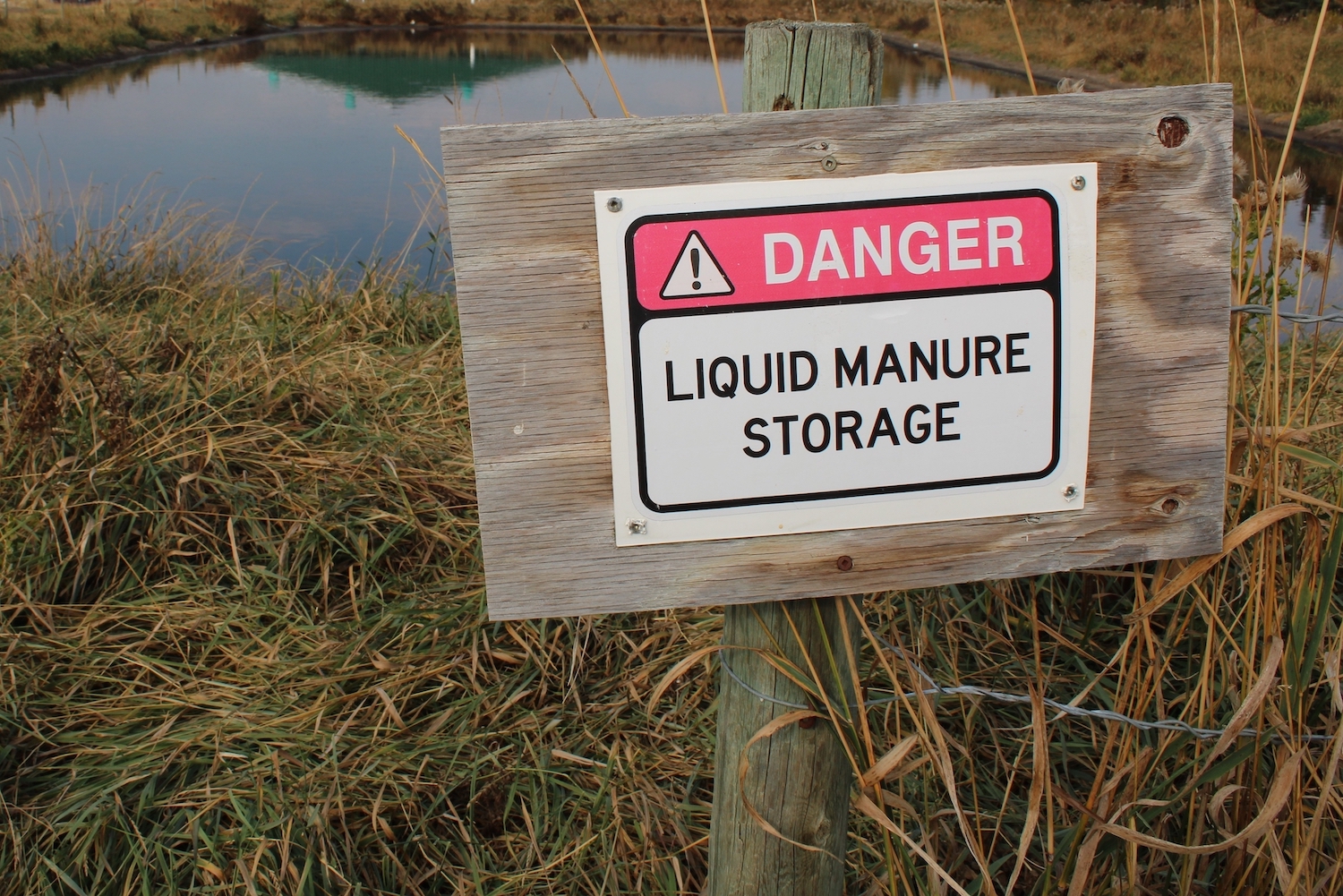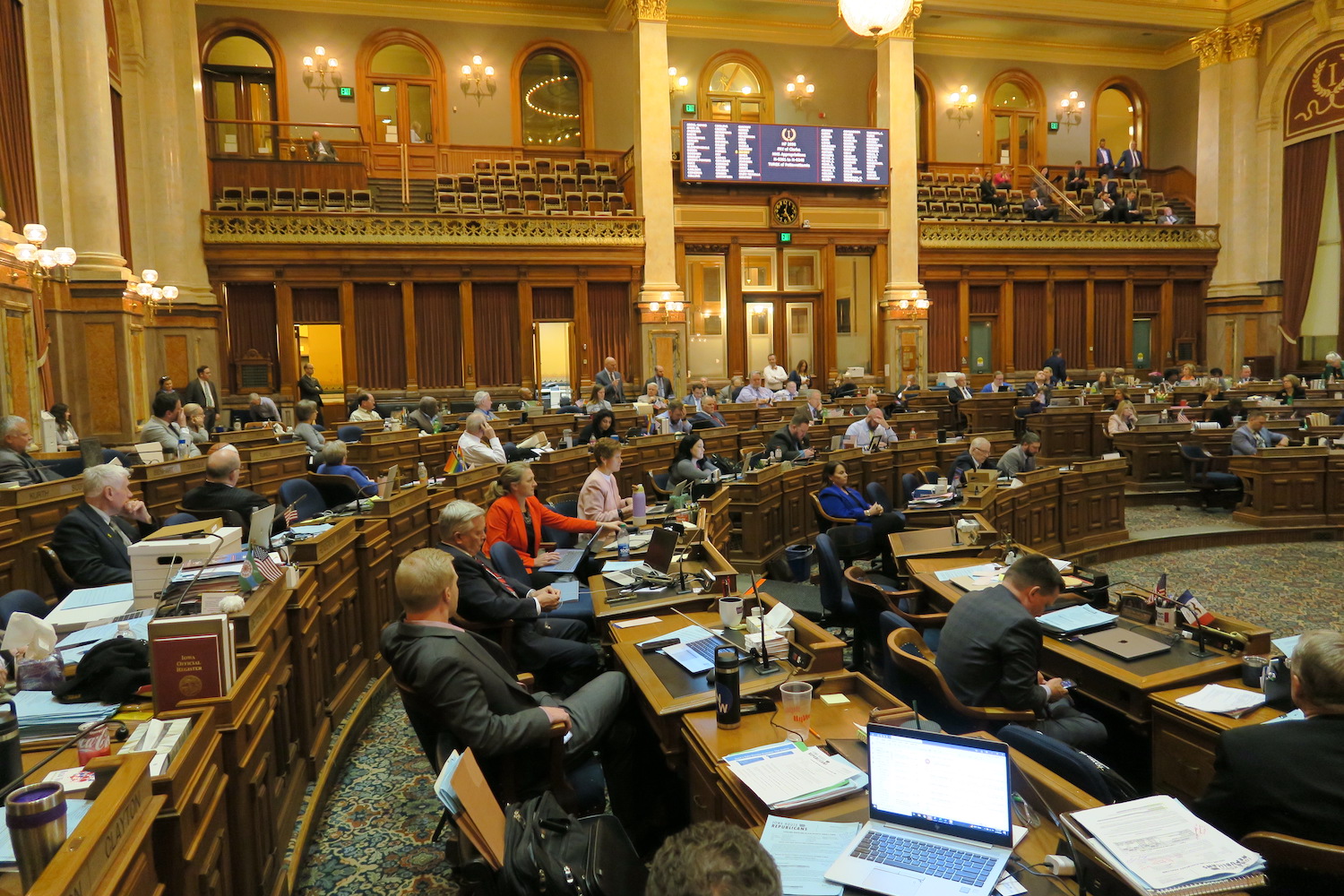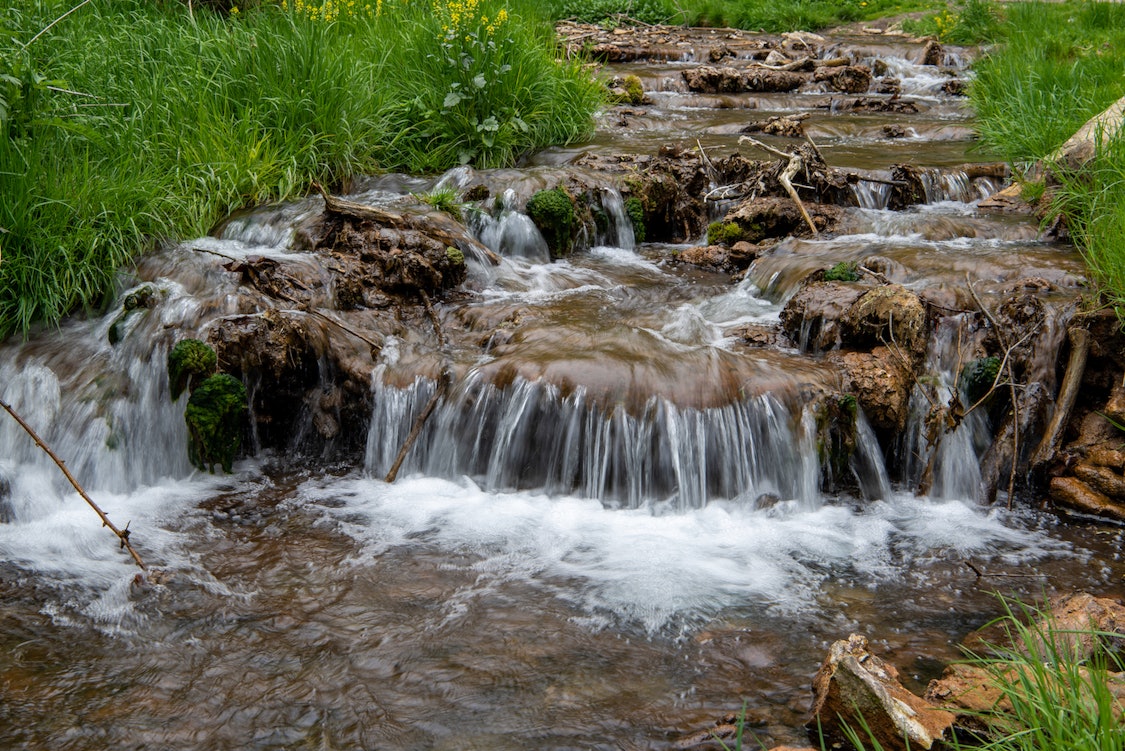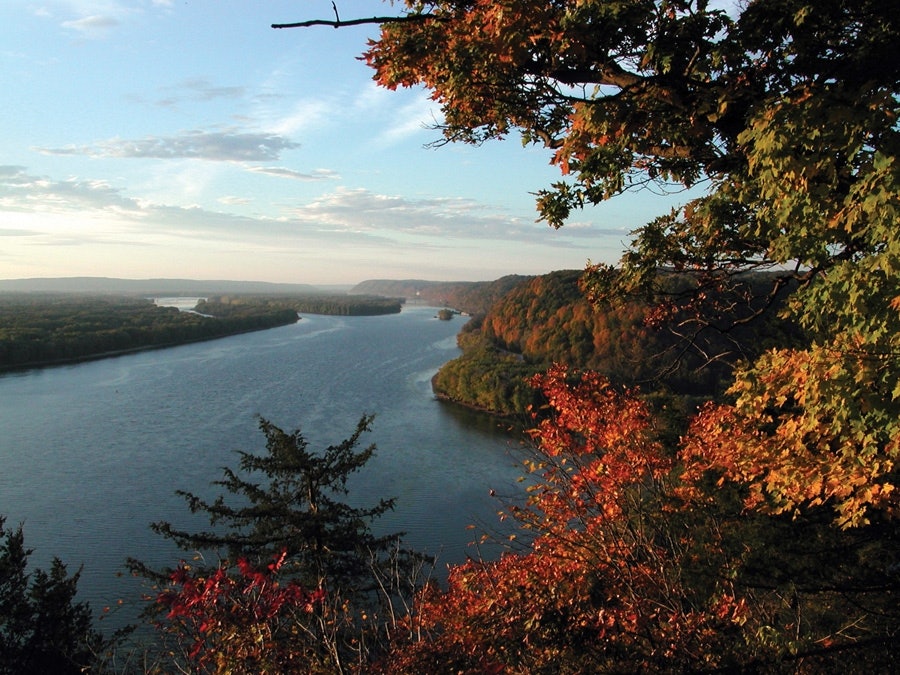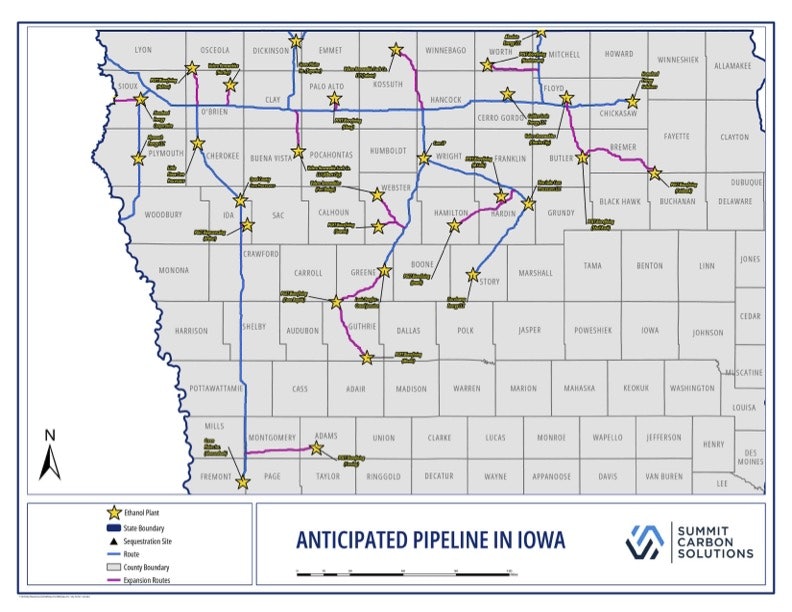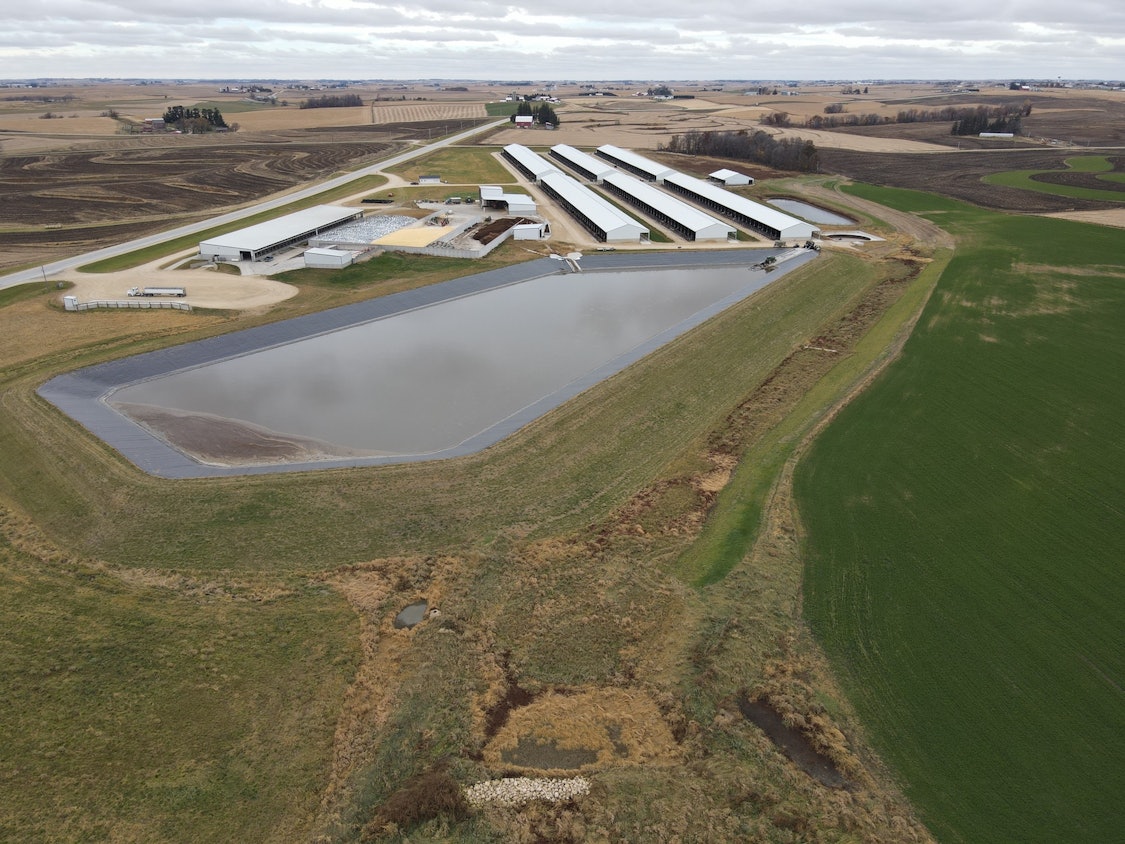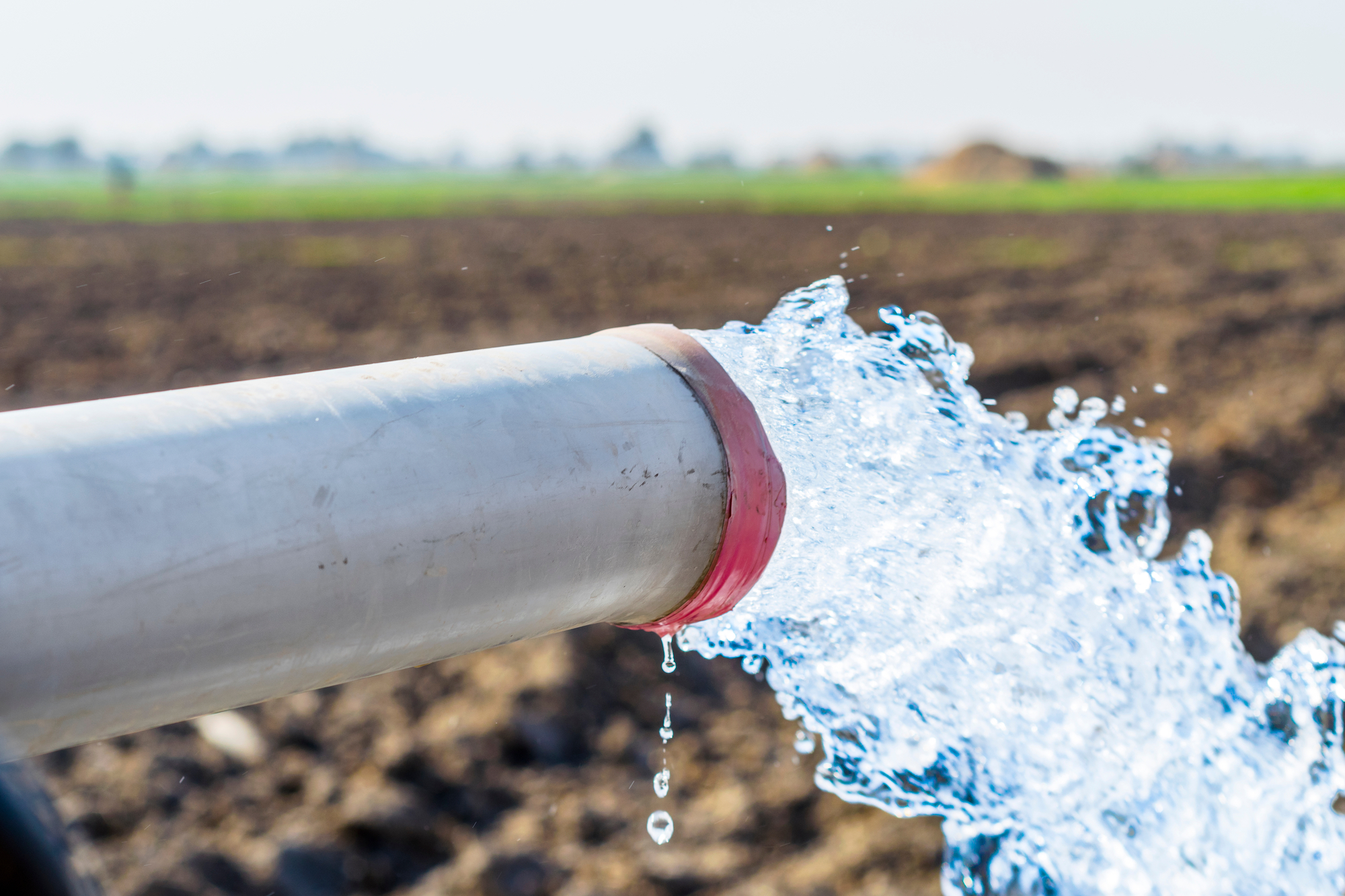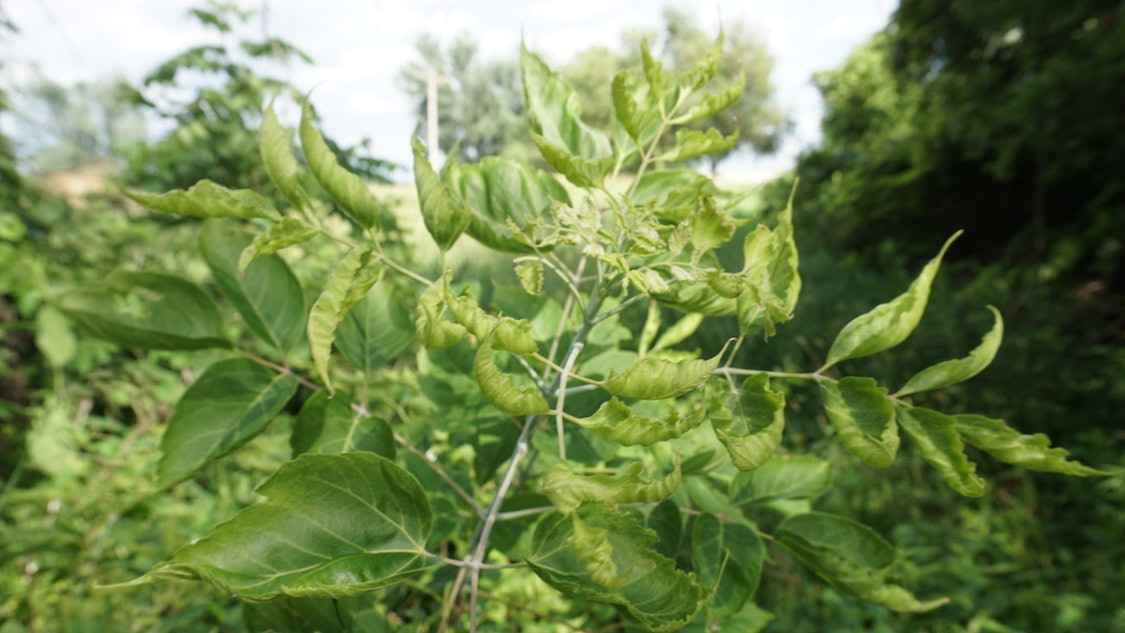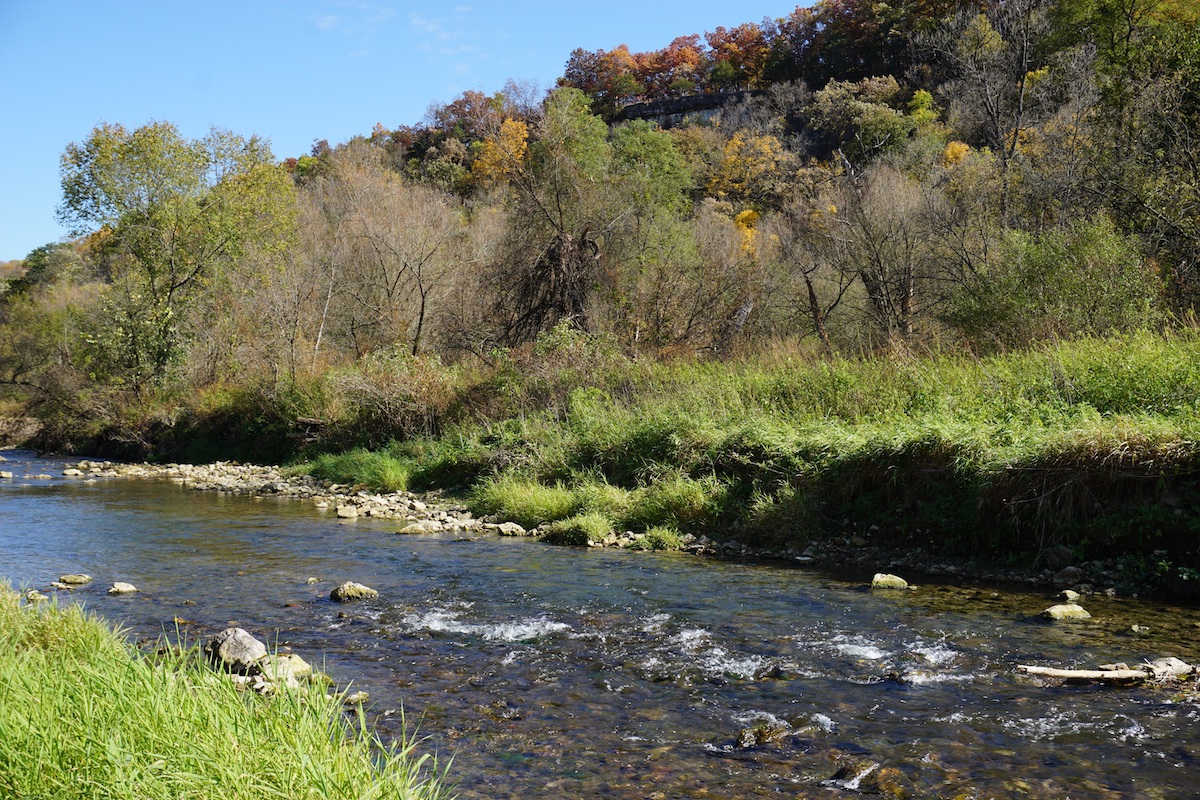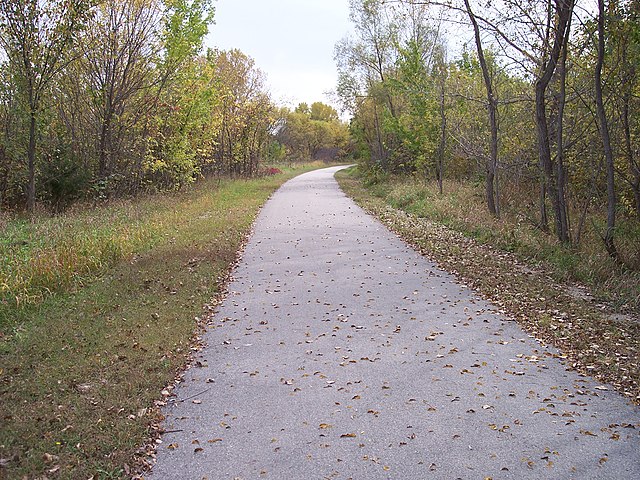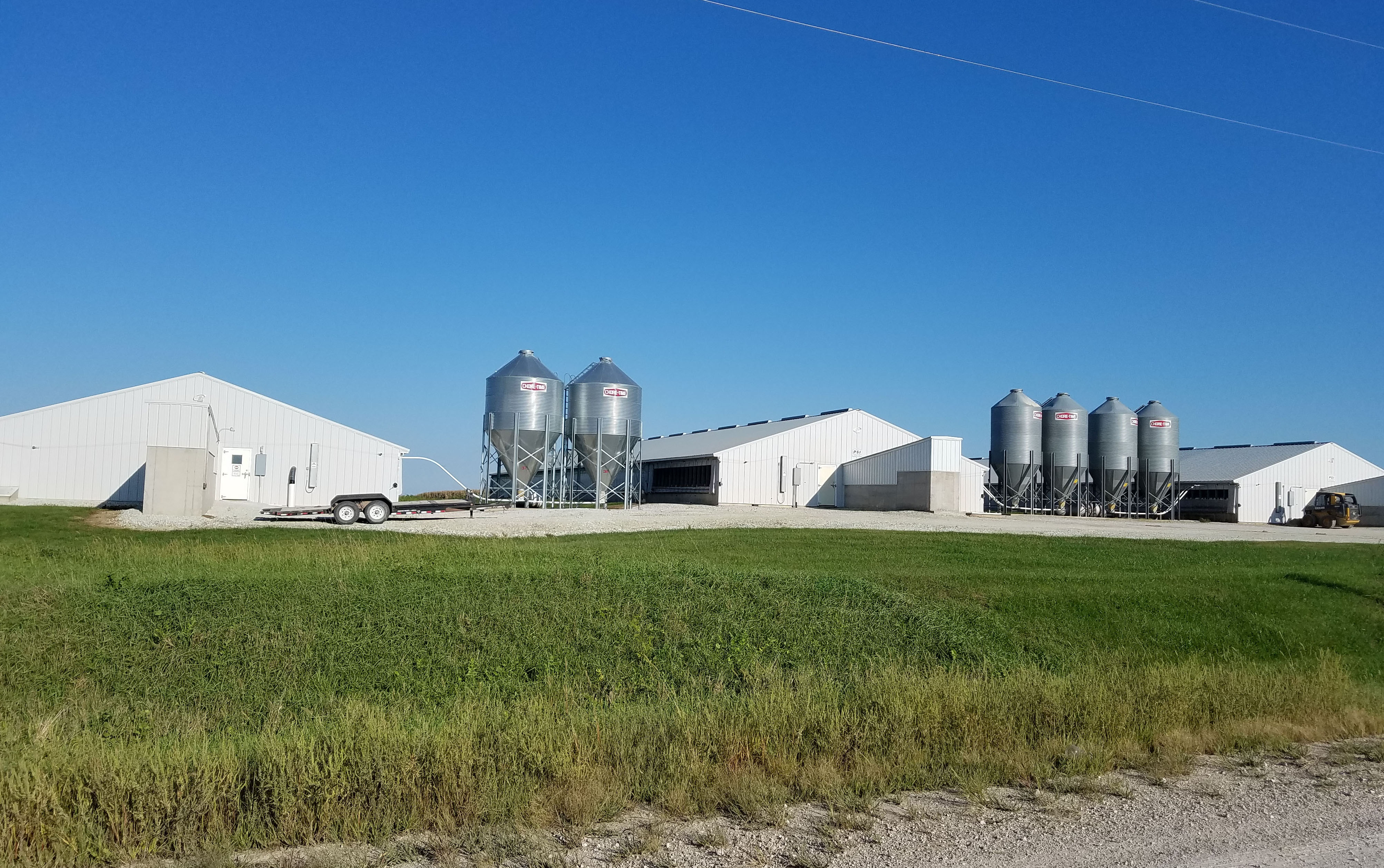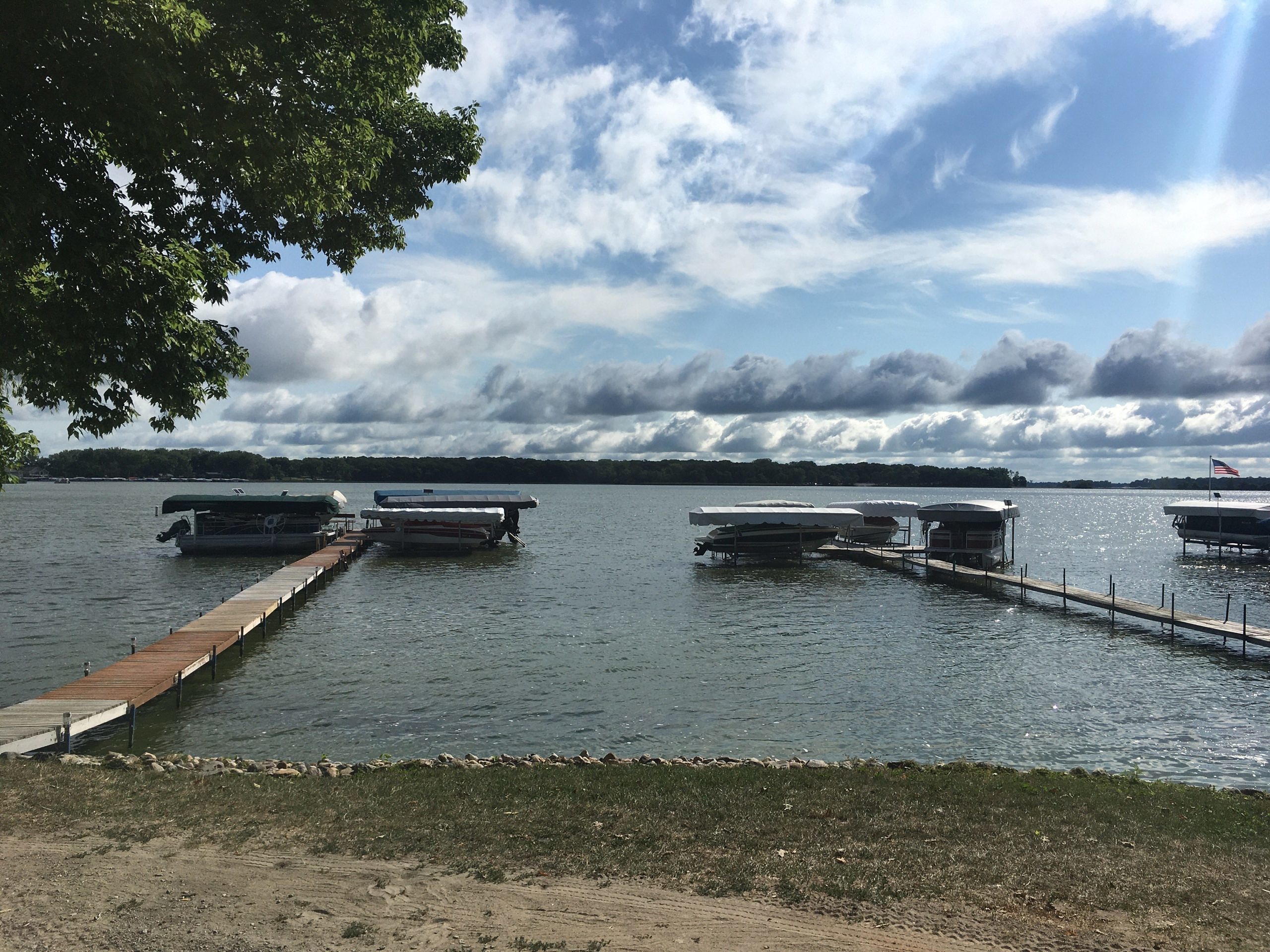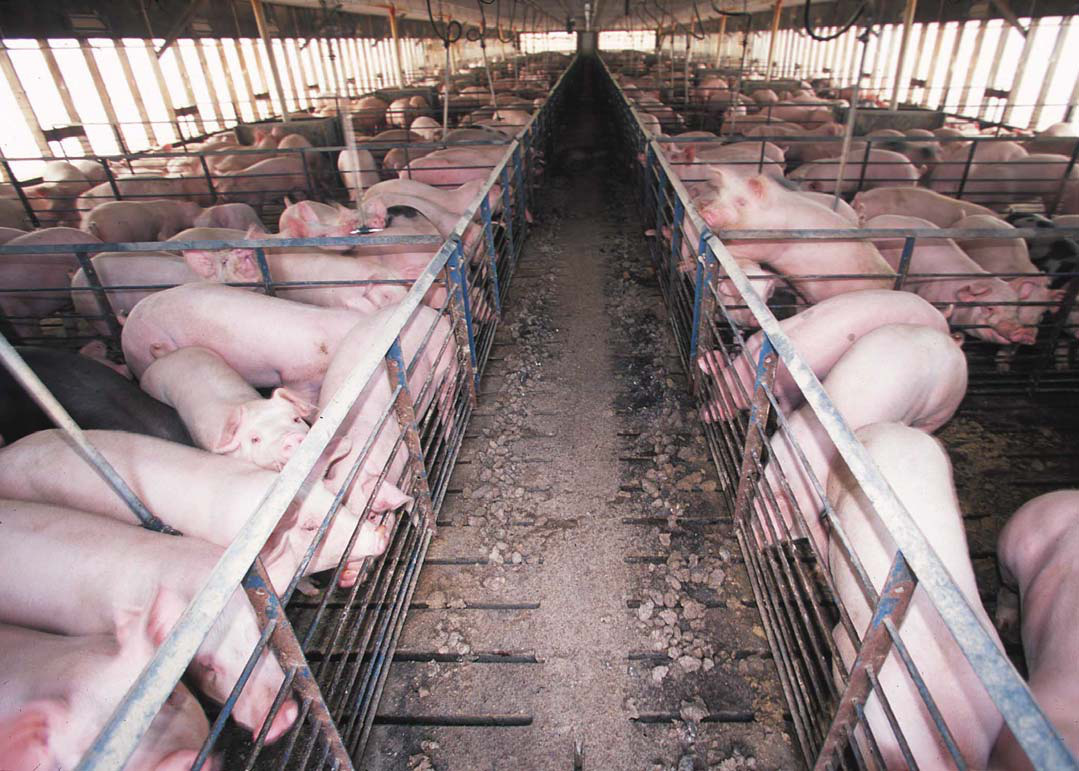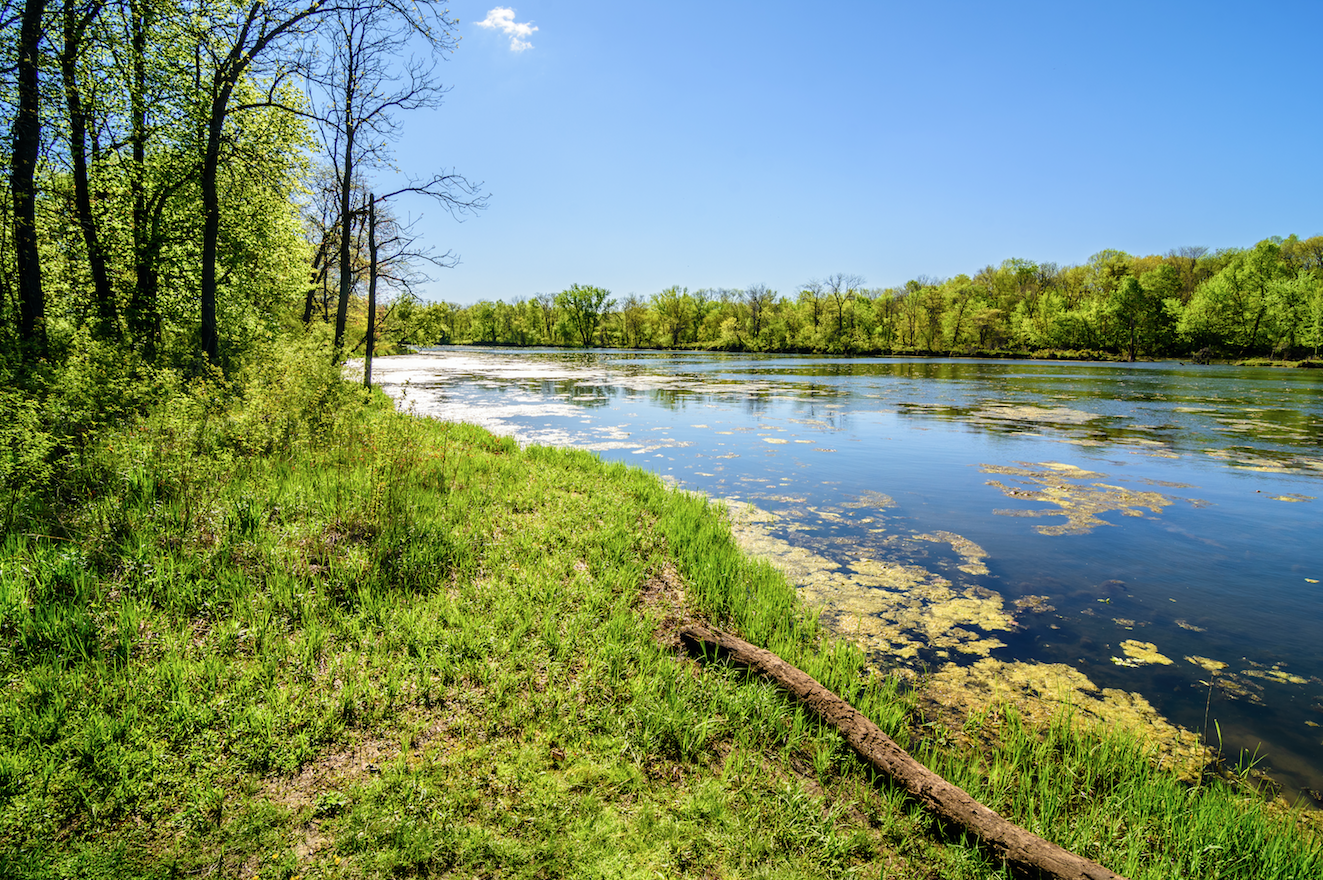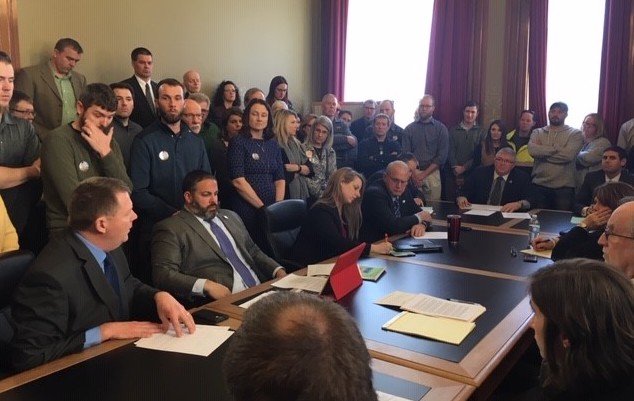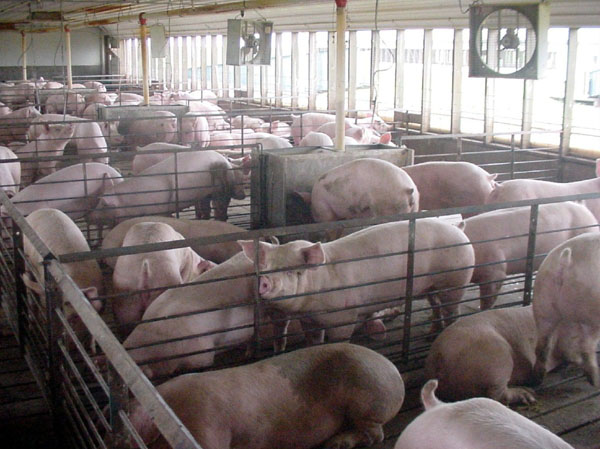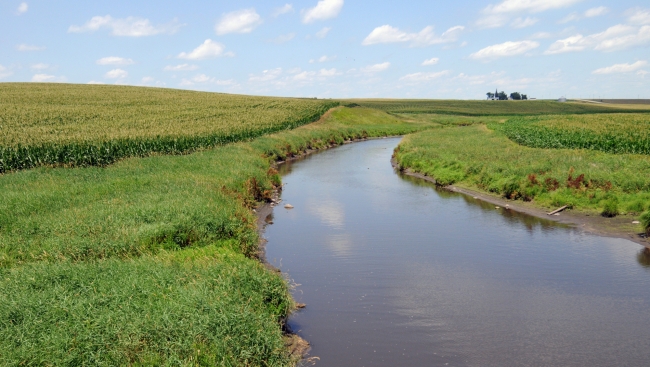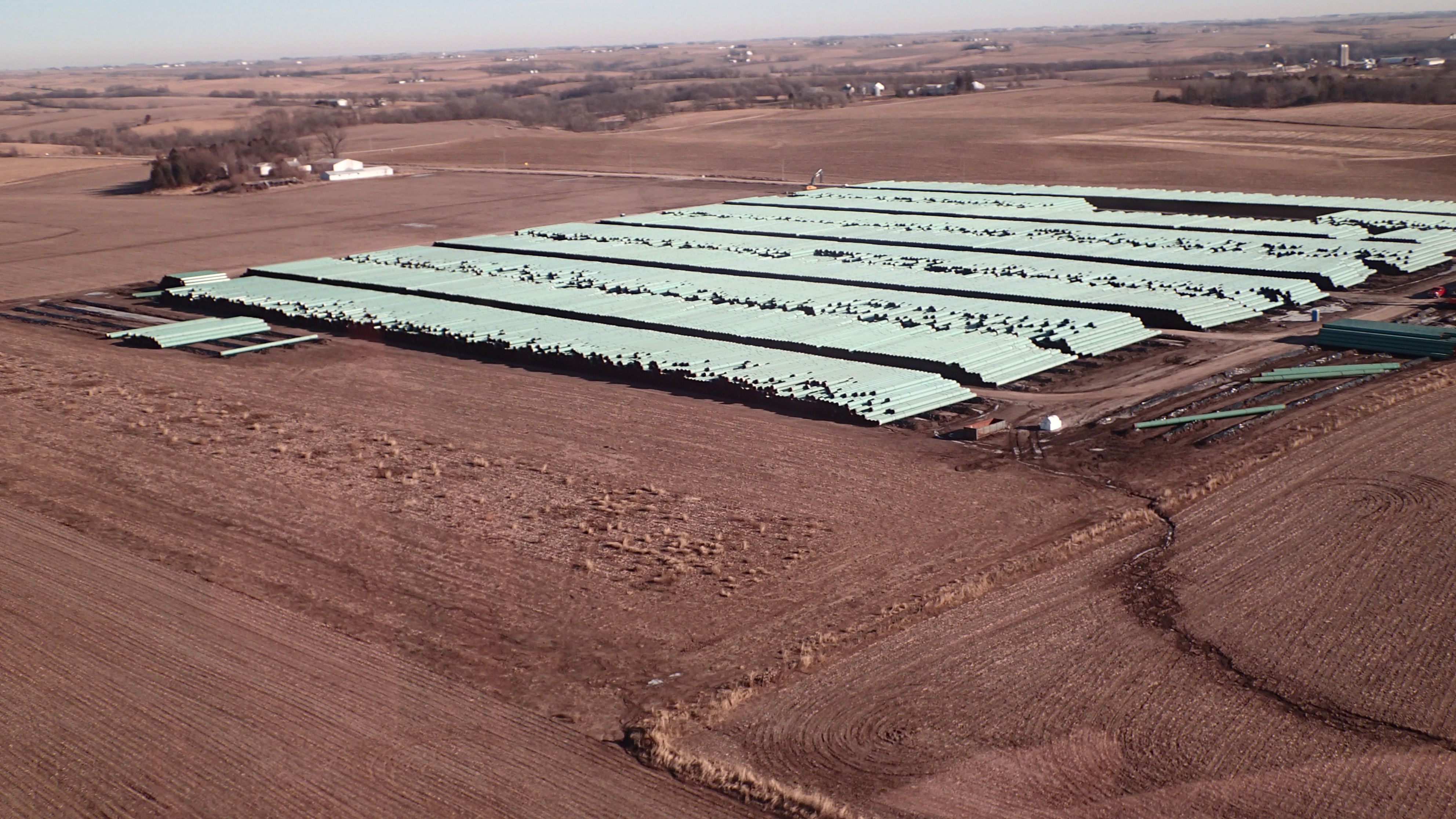Numerous large-scale hog confinements in five Iowa counties are not following recommended practices for applying manure to farmland, according to findings the advocacy group Iowa Citizens for Community Improvement released today. Under Iowa law, livestock farms “with 500 Animal Units or more (equivalent to 1,250 hogs)” must have a Manure Management Plan. Iowa CCI members studied 234 of those plans in Adair, Boone, Dallas, Guthrie, and Sac counties (central and western Iowa). They found “missing documents, double-dumping, over-application, potential P-index violations, incorrect application rates, and potential hazards of manure application based on the geography and farming practices of the land.” Iowa CCI filed a complaint with the Iowa Department of Natural Resources today, requesting a thorough investigation of manure management plan violations as well as reforms “to improve oversight and to hold factory farm polluters accountable,” including stronger enforcement of plans and permits, “increased public access to manure application records,” more thorough inspections of livestock farms, and “better training across field offices for DNR staff.”
I enclose below the executive summary of Iowa CCI’s findings. The full complaint to the DNR is available here (pdf). Pages 4 through 6 offer detailed recommendations for “next steps” to address the problems. Appendix A lists 91 farms in the five counties that are large enough to need Manure Management Plans, but for which such plans are missing. Appendix B lists five farms for which Manure Management Plans were not in the DNR’s animal feeding operations database. Appendix C shows which documents were missing from dozens of farms’ Manure Management Plans across the counties. The file also includes county maps of watersheds and roads to show where the farms in question are located.
Since Iowa CCI members examined Manure Management Plans in only five of Iowa’s 99 counties, today’s case study reveals only a small fraction of statewide problems related to manure application. Kudos to those who researched and exposed the DNR’s failure to do its job.
Calls for tougher enforcement may be a dead letter, given the Branstad administration’s hostility to regulations that inconvenience business owners and the Iowa legislature’s resistance to approve even small measures to improve water quality (and I’m not just talking about Republican lawmakers).
Iowa CCI’s mission and methods have made it unpopular in powerful circles. But those who criticize the group’s controversial acts (like heckling politicians) should also acknowledge important work like today’s case study. While some Democratic elected officials are deeply committed to addressing our water pollution problem, as a group Iowa Democratic officialdom has said little and done less about agricultural runoff. Iowa CCI speaks for many people who are angry about pollution impairing hundreds of waterways, and who know that electing more Democrats alone will not solve the problem. That’s why it has long been among the largest non-profits working on environmental and social justice issues in this state.
Continue Reading...

